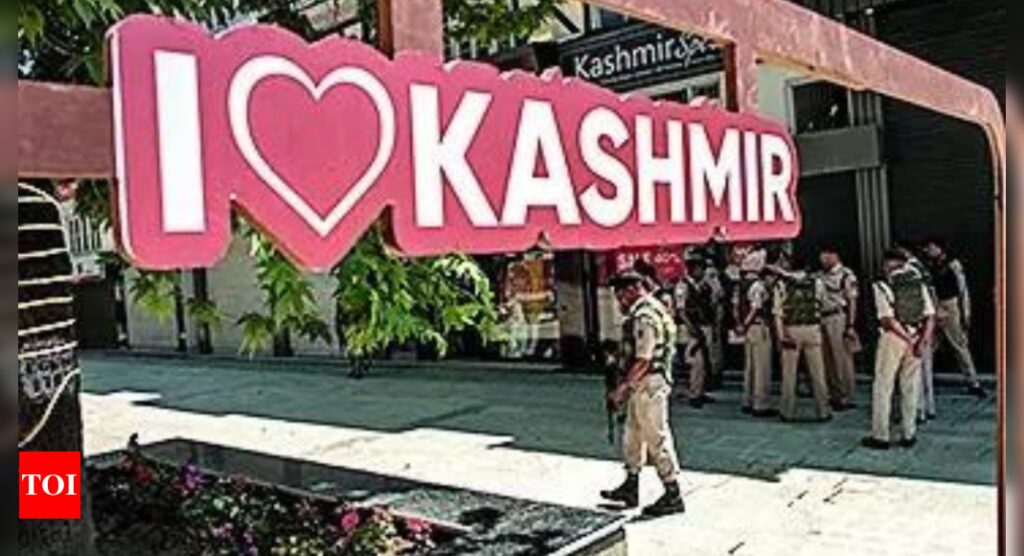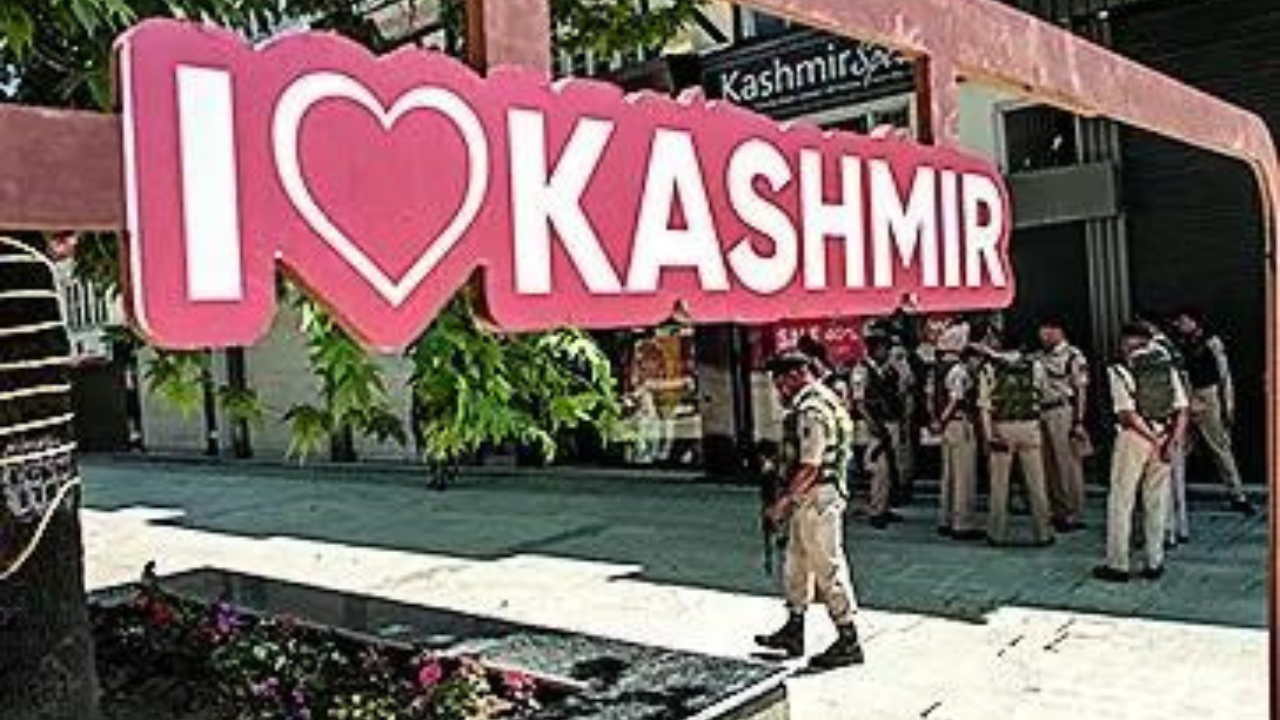[ad_1]
In his letter to then governor general Lord Mountbatten pleading for accession to India, Singh had mentioned Pakistan-backed fighters overrunning the state.
“The number of women who have been kidnapped and raped makes my heart bleed. The wild forces thus let loose on the state are marching on with the aim of capturing Srinagar… as the first step to overrunning the whole state,” he said.
Part of a five-judge bench-led by CJI D Y Chandrachud which is hearing the challenge to abrogation of Article 370, Justice Sanjay Kishan Kaul, whose ancestry is deeply rooted in Kashmir, said, “I understand the infiltrators were seven miles from Srinagar (when Indian forces stopped them and later evicted them).”
Appearing for National conference leader Mohammad Akbar Lone, senior advocate Kapil Sibal said the Instrument of Accession allowed the government of India to have control over defence, external affairs and communications.
However, he admitted that over the years, Parliament has passed as many as 53 amendments to the Constitution (Application to J&K) Order, 1950. This means apart from the three major subjects of defence, external affairs and communications, Parliament has steadily applied the provisions of the Constitution to Jammu and Kashmir, despite the state’s Constituent Assembly framing a separate constitution for J&K in 1957.
Of the total 54 such orders, including the first one in 1950, 52 were passed by Parliament till 1996, a period of nearly five decades when Congress was at the helm of governance in the country. The Constitution (Application to J&K) Amendment orders in 2017 and 2019 were passed during the NDA regime. The 2017 order extended the GST regime to the state.
The 1950 order said the government of India would have power to make laws that would apply to J&K on subjects relating to all matters of defence and armed forces; arms, firearms and explosives; atomic energy; preventive detentions relating to defence, foreign affairs and security of India; foreign affairs, diplomatic relations and UN; extradition; admission, emigration and expulsion from India; pilgrimage to places outside India; railways; airways; posts and telegraph; trade and commerce with foreign countries; salaries of MPs from J&K; any investigation on subjects aforementioned.
[ad_2]
Source link











More Stories
We can’t wait to face India in the final: Pat Cummins | Cricket News
Railways plans 3,000 additional trains in next 4-5 years to minimise number of waitlisted tickets | India News
Faridabad: Man dies after ‘falling from hotel room window’ while partying with friends